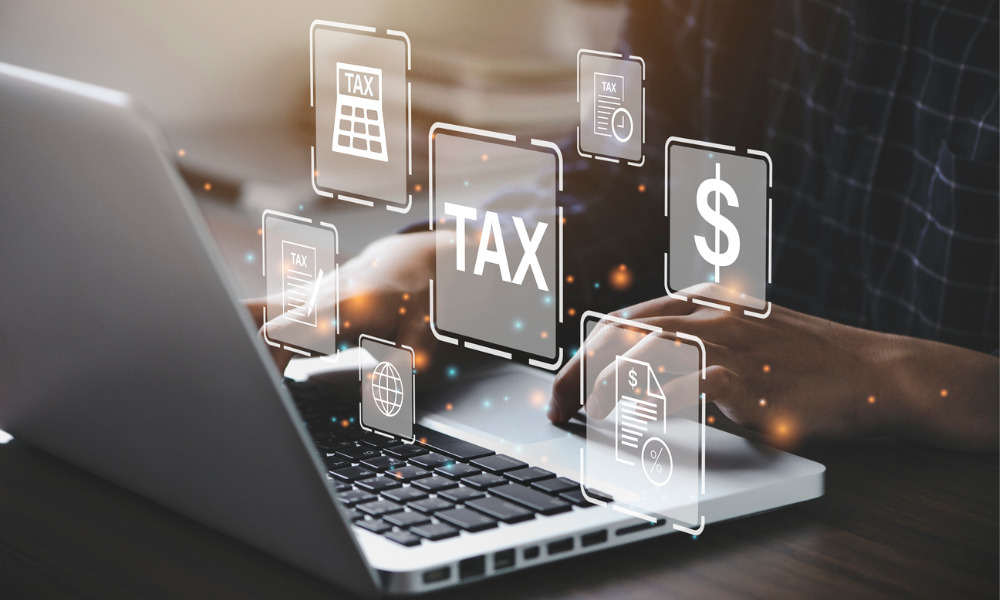

More than two-thirds of U.S. adults are expecting a tax refund this year, and the IRS has confirmed a larger average refund so far.
But how do those who get money back intend to use it? A Bankrate.com survey asked more than 2,000 people about their intentions for a refund, with boosting savings the top answer given (28%) ahead of paying down debt (19%) and paying for everyday expenses (11%).
Meanwhile, the IRS said that through February 24 it had delivered almost 29 million refunds with an average amount of $3,213, which was up 4.3% year-over-year. It also said that its Free File Guided Tax Software service – which can be used by those with gross adjusted Income of up to $79,000 – has seen a year-over-year increase of nearly 10% so far this filing season.
Boosting savings as the No. 1 intention for refunds compares to last year’s main aim to reduce personal debt. The share of respondents who said this year that they planned to pay down debt was the lowest of eight similar surveys since 2015, despite recent data that shows that 36% of American households are burdened with more credit card debt than they have in emergency savings.
While debt reduction takes second place for most poll participants, the second choice of Gen Zs was investing.
The strong focus on building up savings may be due in part to a desire to one day buy a home even though the cost of living, limited incomes, and debt burdens stand in the way, a recent study found.
"Americans are planning to be practical with their tax refunds this year,” said Bankrate senior industry analyst Ted Rossman. “While boosting savings is a noble goal, debt payoff is important, too. Many households would be well-served by putting some of their tax refund toward debt payoff and some toward savings. It doesn't have to be all or nothing. Consider carving out a little bit of fun money while you're at it, too."

Integrated Partners is adding a mother-son tandem to its network in Missouri as Kestra onboards a father-son advisor duo from UBS.

Futures indicate stocks will build on Tuesday's rally.

Cost of living still tops concerns about negative impacts on personal finances

Financial advisors remain vital allies even as DIY investing grows

A trade deal would mean significant cut in tariffs but 'it wont be zero'.
RIAs face rising regulatory pressure in 2025. Forward-looking firms are responding with embedded technology, not more paperwork.
As inheritances are set to reshape client portfolios and next-gen heirs demand digital-first experiences, firms are retooling their wealth tech stacks and succession models in real time.
